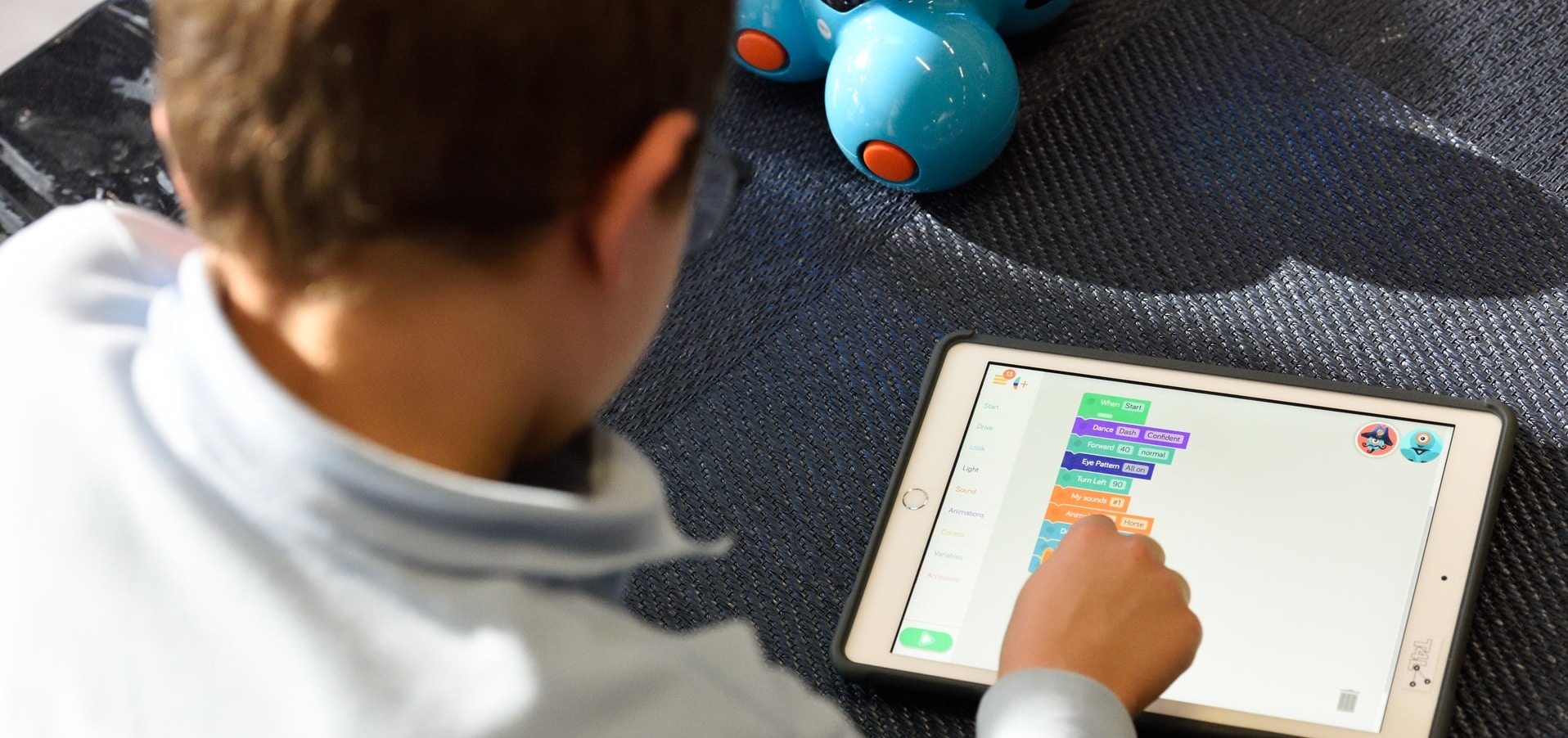
Most parents want their kids to succeed. Meanwhile, children who have autism often learn at a different pace than their neurotypical peers. While that’s okay because we all have our strengths and weaknesses, it can be challenging for parents to break down the communication barriers of these children and help them develop essential skills.
That’s where smartphones and tablets come in. Using tablets for kids with autism is a great way to help them build confidence, enhance their communication skills, manage emotions and so much more. These are tools that, along with the proper guidance and support, can help neurodiverse children become happier, healthier and more independent.
The Benefits of Tablets and Smartphones for Kids With Autism
Digital and mobile technology are becoming mainstream in childhood education. Smartphones and tablets offer a colorful, multi-sensory experience that can fascinate children, and apps designed especially for kids can foster age-appropriate learning.
Mobile devices have proven useful in special education classes for young people with autism who may have trouble expressing themselves or opening up in typical educational environments. Mobile apps offer interactivity, allowing neurodiverse kids to learn in a more visual, memorable way. They often provide fun and creative ways to teach complex concepts, which is important for engagement and growth.
While autism can manifest differently in each child, these kids can face a variety of challenges that can make it harder for them to work in traditional school environments and communicate with other children and adults.
For example, kids with autism might have trouble reading body language, making eye contact, conveying their emotions or anticipating the emotions of others. They may need help picking up language or concepts that come more easily to others. Meanwhile, some individuals with autism need a certain structure or routine to feel comfortable, and they may struggle to cope in the face of major changes.
Studies have found over the last decade that the use of tablets can help non-verbal and minimally verbal children with autism develop better speech skills. Tablets can also be great options for children who have a hard time using a mouse or who need help understanding certain concepts.
Every kid is different, so it’s important to find apps that can help the child address their own needs and weaknesses. Whether they have behavioral issues they need to work on or communication challenges standing in their path, an app is likely available to help. Smartphone and tablet apps can teach a wide variety of skills and aid in the development of a number of critical characteristics, such as:
- Speech
- Sensory discrimination
- Emotion management
- Attention and focus
- Visual skills
- Memory
- Motor development
There are also plenty of apps to help out with other skills and subjects, from music and math to reading and problem-solving skills. If a child is ready for them, these programs can reinforce ideas by offering an entertaining and unique way to learn. In addition, they can help provide a foundation for ideas that students with autism might have trouble grasping in regular classroom or home settings.
What Are the Best Autism Computer Programs and Tablet Apps?
Some of the best autism computer programs for iOS and Samsung tablets are the ones that allow kids to learn without forcing them to multi-task or engage with abstract concepts. These apps are neat and accessible, offering kids the support they need while also giving them the ability to work at a pace that feels right for them.
For example, apps like Touch and Learn – Emotions for iOS devices are useful for teachers and guardians who want to help their children with autism identify and express emotions. This app is excellent for elementary school kids who might need help understanding expressions and body language.
Teachers can also use customizable apps like Proloquo2Go, which is a great option for students of all ages who face communication challenges. This software uses words, pictures and sentence-building to help students with autism learn how to express their needs and feelings. While more expensive, it has proven itself as a valuable tool for educators.
Some developers have even created apps designed to help children learn how to react to and solve problems in real-world situations. By watching and responding to lifelike scenarios, kids can develop strategies that help them handle challenges, resolve conflicts and meet new people.
Build a Tech-Friendly Program
Implementing iOS and Samsung tablets for autism is a great way to work with children who may have unique requirements involving their motor, communication and sensory skills. In partnership with other learning strategies, a fun and interactive app could be just what your child or student needs.
To buy or sell an affordable mobile device or learn more about tech-related solutions, reach out to The Whiz Cells today.
